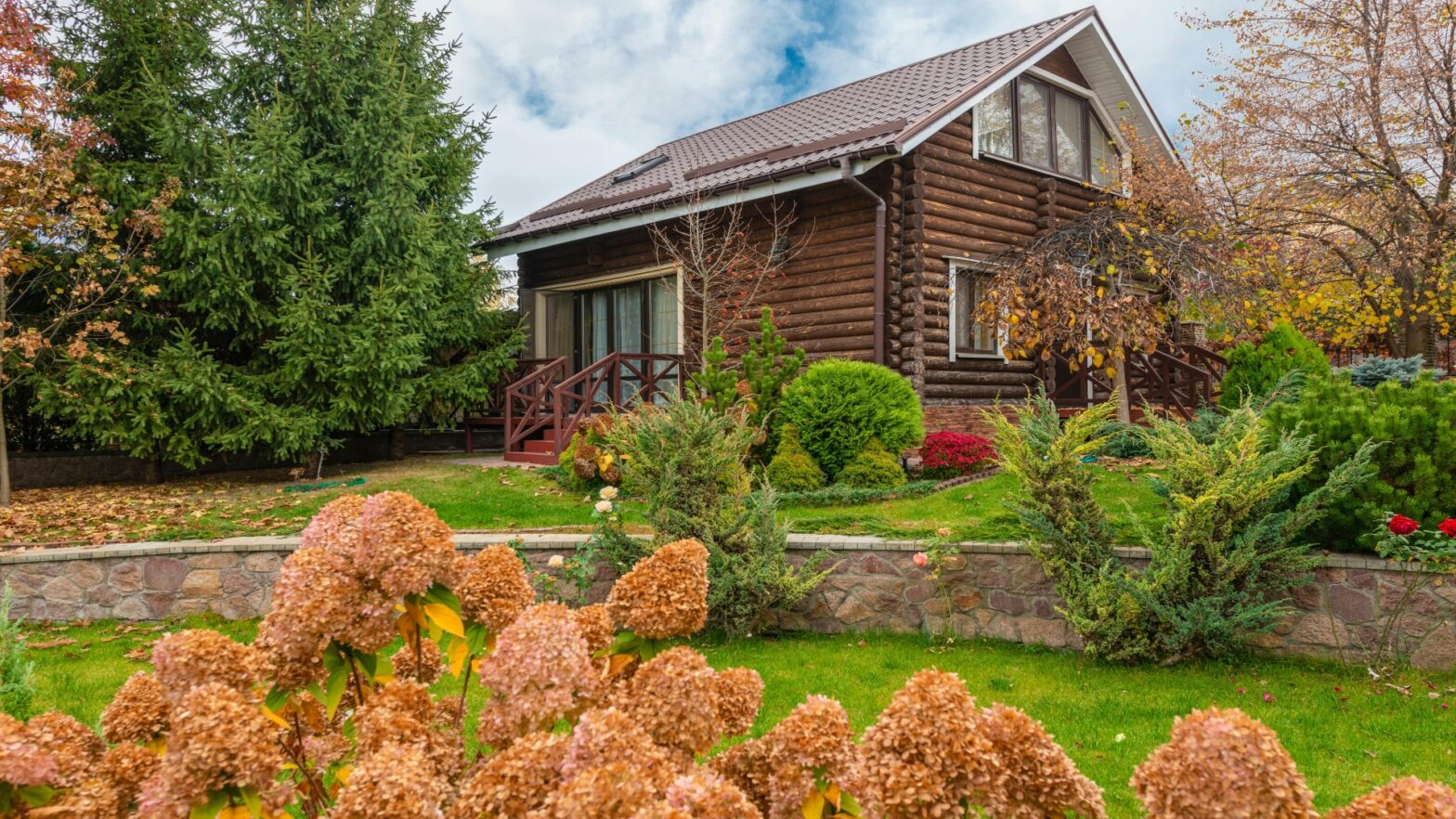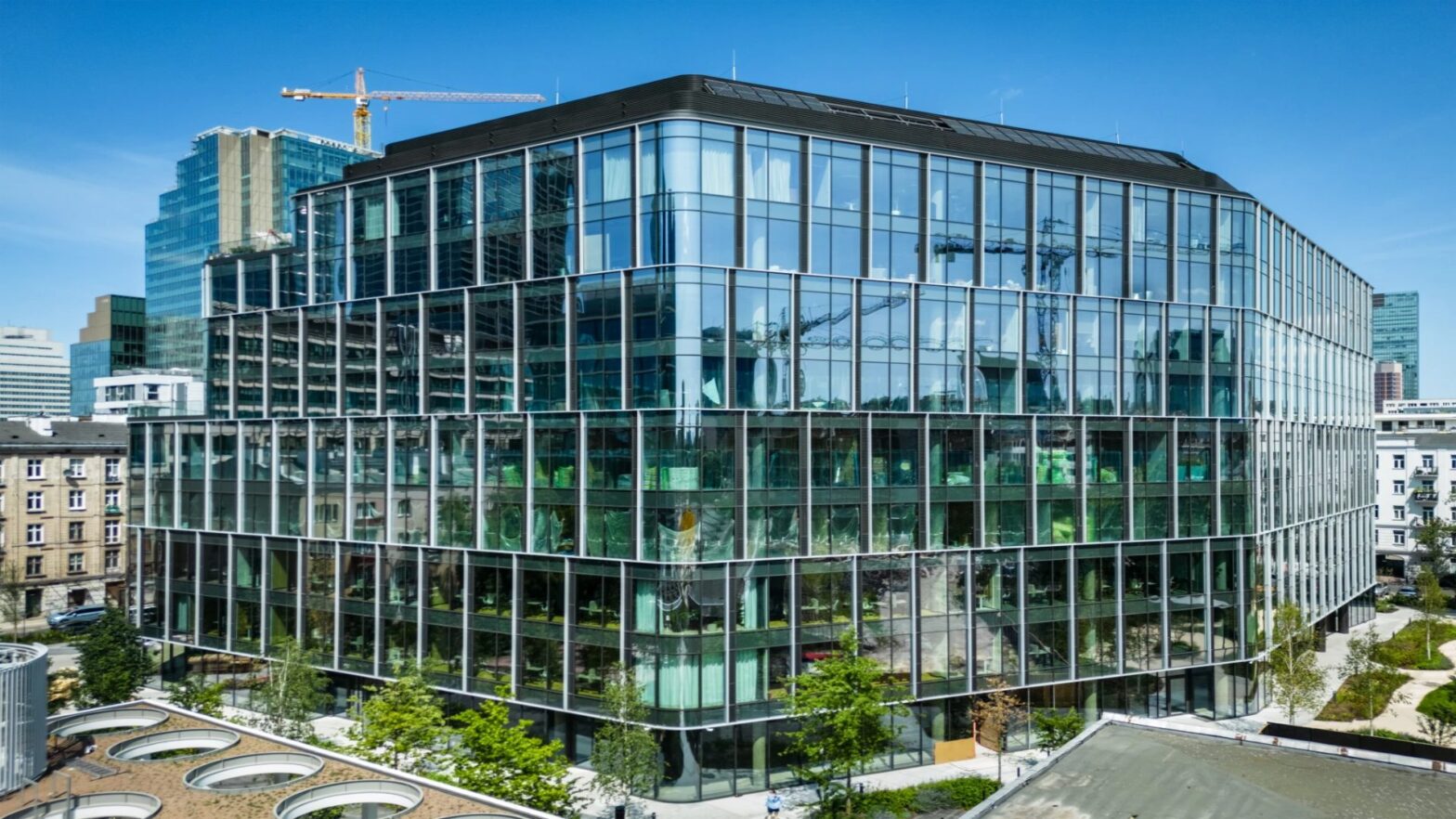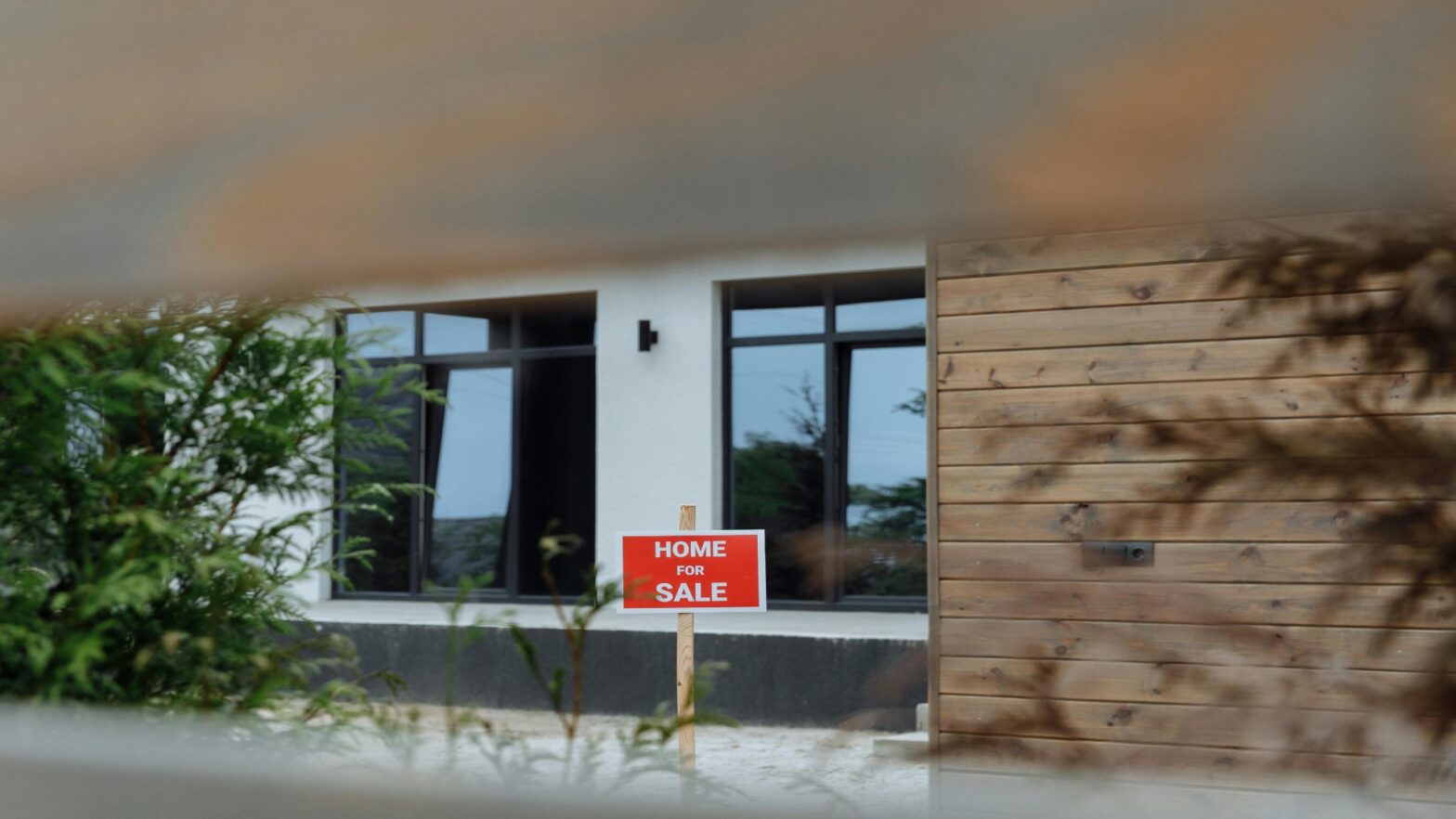What Should You Know Before Moving to a Woodland Property?
Moving to a home in the woods can be appealing since it offers peace and quiet, natural beauty, and a break from the busy city life. A lot of people dream of living in a house in the woods, where they may wake up to the sound of birds and be surrounded by trees. But before you start looking for woodland property or other sylvan properties, it’s important to know that owning a woodland property comes with its own set of duties and things to think about that are very different from living in the suburbs or the city. A well-informed choice will make sure that your dream doesn’t turn into an unforeseen problem.
Understanding the Unique Ecosystem
A woodland property like carolina forest homes for sale is more than just a house with trees; it’s a whole ecosystem. This implies that a wide range of animals, from deer and rabbits to different types of birds, will be living in your area. Depending on where you live, you might even have bigger animals living there. This is cute, but it also means that pests like ticks, mosquitoes, and even rats may come into contact with you. To live happily and deal with any problems that might come up, you need to know about the plants and animals in your area. Be ready for changes in wildlife activity during different seasons and the necessity for the right pest control methods.
Property Maintenance and Challenges
Taking care of a wooded property usually takes more specialized expertise and work than taking care of a normal suburban lot.
●Fire Risk: Depending on the weather and how many trees there are, the risk of wildfires can be very high. You should learn about defensible space, clear brush, and maybe even buy fire-resistant landscaping or building materials for your home.
●Tree Health and Management: Trees might be pretty, but they need to be taken care of. During storms, dead or sick trees can be dangerous because they can fall. You might have to set aside money for expert tree trimming or removal.
●Managing Leaves and Debris: You should expect a steady stream of leaves, pine needles, and branches. This trash may block gutters, pile up on rooftops, and make yard labor take longer.
●Water Management: To keep water from accumulating around your foundation, you need to make sure the drainage is working right. Tree roots can also mess with septic systems and pipes that are buried underground.
●Driveway and Access: Long or unpaved driveways in wooded locations can be more likely to erode and need more frequent repair, especially after heavy rain or snow.
Utilities and Connectivity
A lot of woodland homes now have access to modern conveniences, but you should check to make sure they are connected before you buy.
●Access to the Internet: In particularly remote wooded areas, high-speed internet may not be available or may not work well. Check with your internet service provider to see what speeds and providers are available if you work from home or stream a lot.
●Water and Septic: Most residences in the woods get their water from wells and their sewage from septic systems instead of city services. Know what it takes to keep these systems running and how much they might cost.
●Power Outages: Homes in locations with a lot of trees may lose power more often during storms when branches fall. You might want to buy a generator.
Insurance and Regulations
Because of higher dangers like fire or fallen trees, insurance for wooded properties can sometimes be more expensive or have special restrictions. Find out what the zoning and environmental laws are in your area, especially when it comes to removing trees, getting building permits, and setting up septic systems. Some places may have strong regulations against damaging natural environments.
Lifestyle Adjustment
Choosing to live in a wooded area is a lifestyle decision. It usually implies more time alone, less easy access to stores and services, and a stronger connection to nature. Be honest with yourself about whether this fits with what you want. Are you okay with the silence, the chance to have less social engagement, and the extra work that comes with taking care of the property?
In the end, a woodland property is a great investment for people who love nature and are ready to deal with its special needs. It’s very important to be well-prepared by learning about the ecosystem, committing to specialized maintenance, checking utilities, and adjusting to a new way of life. If you’re thinking about buying a home in Carolina Forest, make sure you’ve thought about these things thoroughly so that your move to a sylvan refuge is a big success and a lot of fun.





























